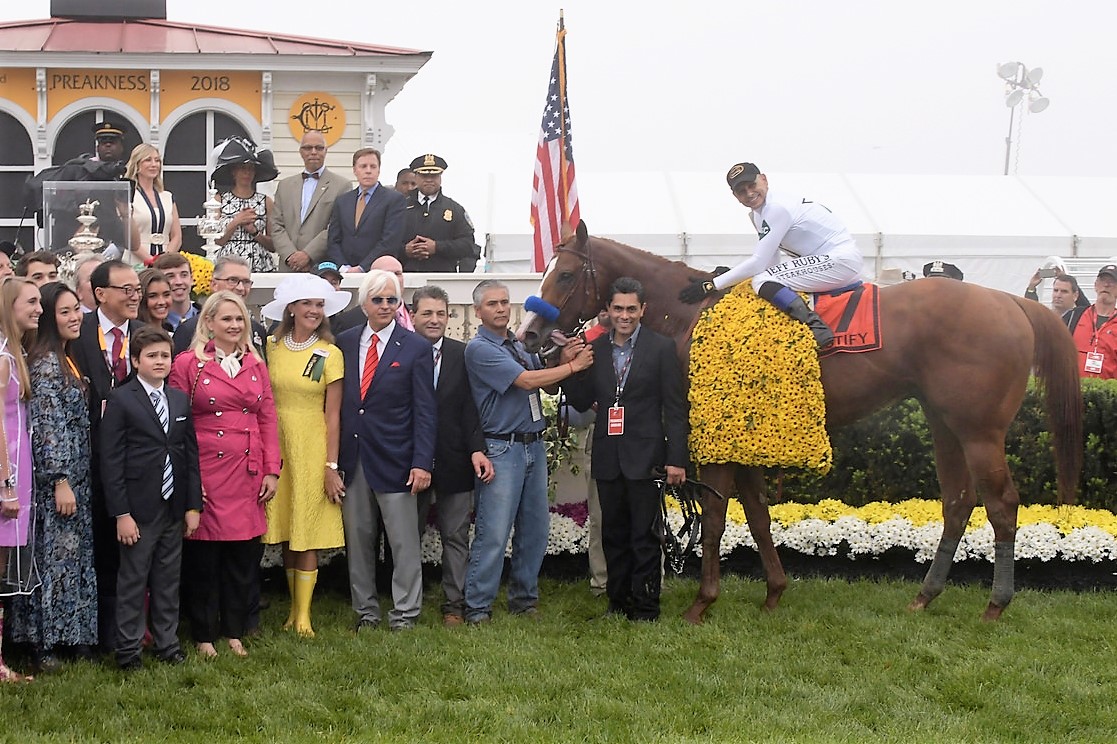So we’ve finally heard from Robert Mueller about his investigation into Russkiegate and while we didn’t learn anything new, we did have the extraordinary experience of the special prosecutor emphasizing that while he couldn’t prove the Trump campaign was guilty of a crime, he still wasn’t exonerating the president from obstruction of justice.
Read MoreThe Gov. Mario M. Cuomo Bridge, alias the new Tappan Zee Bridge, was fast-tracked by the Obama Administration. Is infrastructure a bridge too far for Trump’s?






